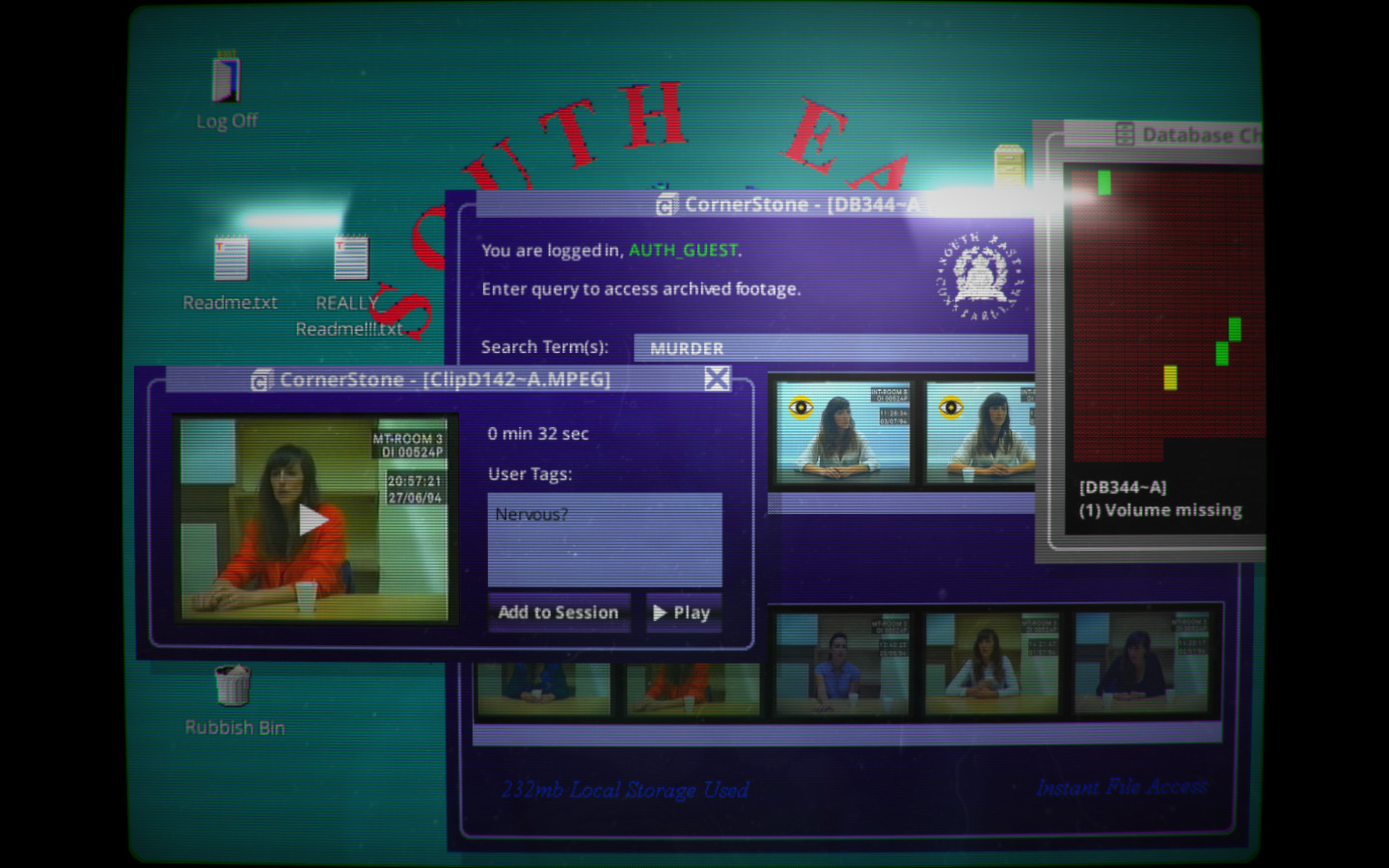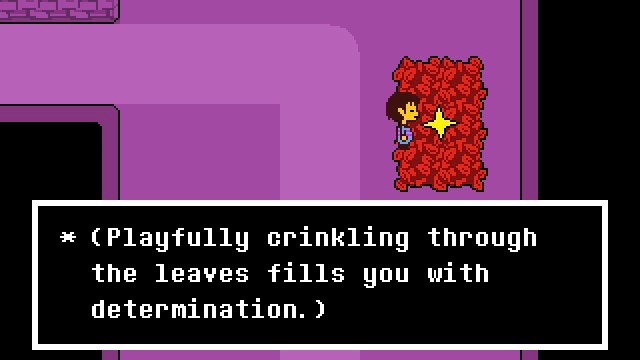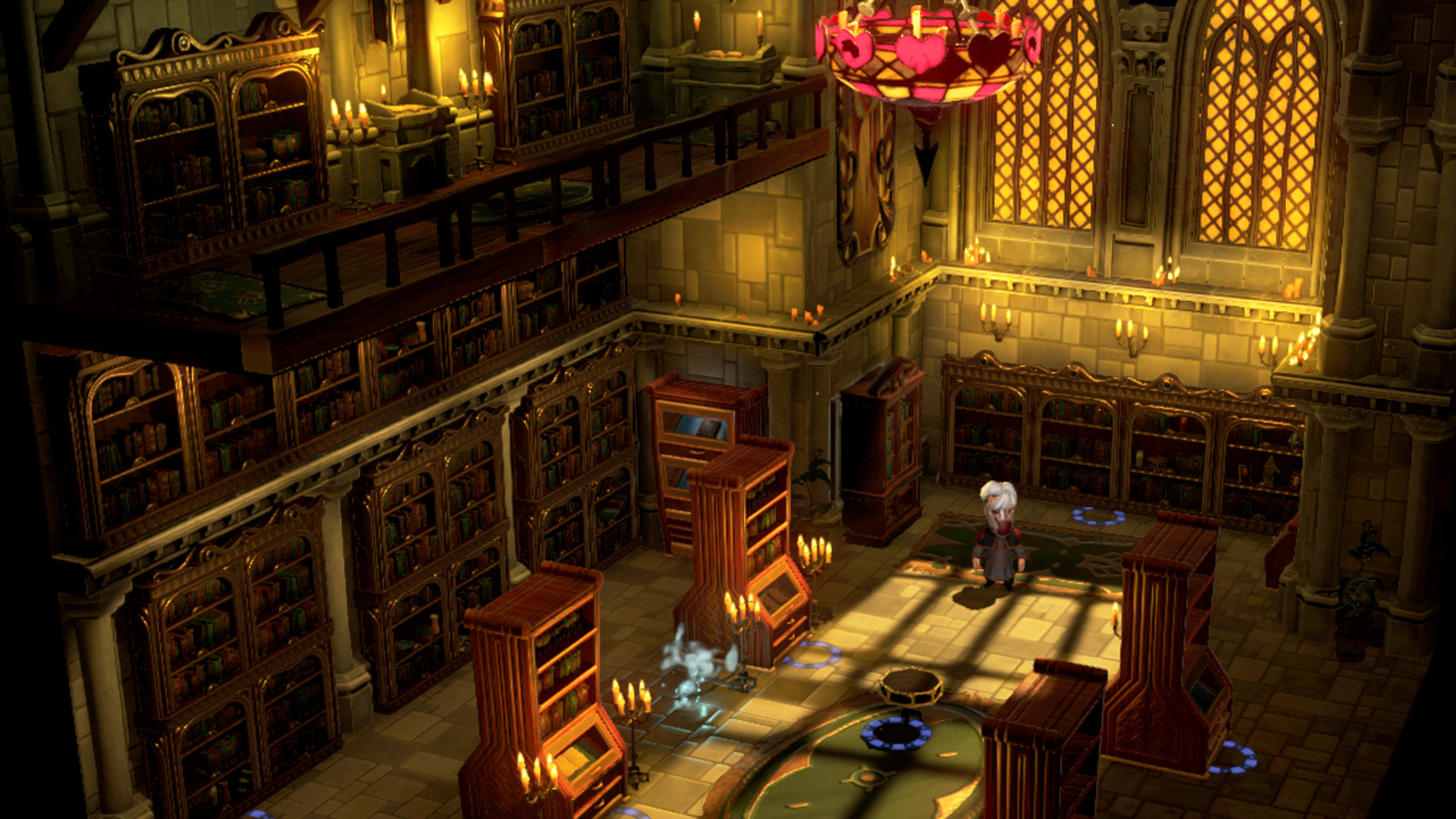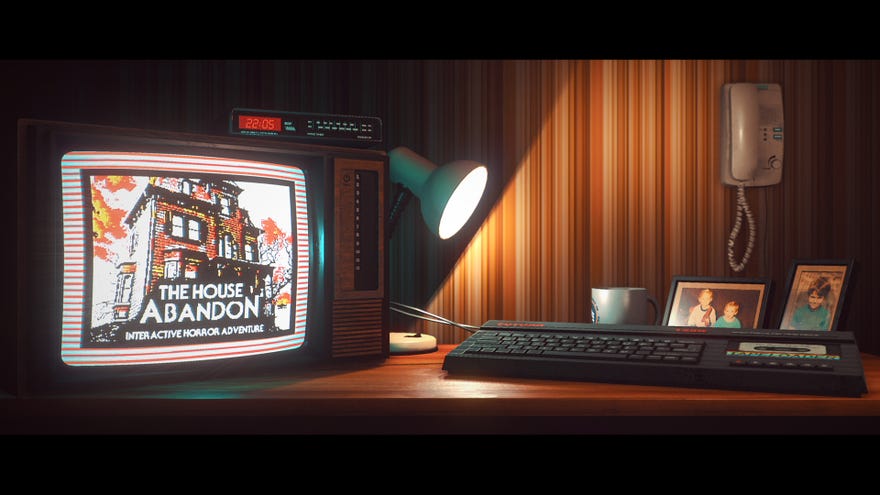Some video games that are like Bandersnatch, but better
We can utilise a zeitgeist as well as anyone else
If you’ve choosed-and-adventured through Bandersnatch, the recent Black Mirror thing on Netflix, and aren’t already a fan of experimental interactive fiction: I envy you. It means you’re able to play actually good examples of interactive fiction for the first time.
Sure, Bandersnatch has funny lines, surprises and scene stealing performances from Will Poulter doing a “pretty much exactly how I, the writer, talk in real life” voice. But as a whole, video games have been iterating deeper on the main themes of control, authenticity, forced choice, meta-recursion and non-linearity for years, without also including an unhelpful portrayal of paranoid schizophrenia. When you love enough people who hear voices and suffer from castigatory delusions, maybe you become less enthused about media which depicts sufferers committing murders or throwing themselves off buildings. Fix it, Brooker. The same plotpoint was in White Christmas and it was shit back then.
Bandersnatch doesn't justify the interactive feature further than novelty. Where is the larger parable about modern culture? Black Mirror's best episodes expel thought-worms. Is punishment more valuable than rehabilitation? Where do we draw the line in protecting children from harm over coddling them? Is social criticism in the form of entertainment a boon to the masses or an opiate? Is doing murder… bad?

Now Black Mirror’s two least interesting episodes share the plot of “video games exist”. What's Bandersnatch's larger point? That you should be more careful who you take LSD with? Anyway. Video games. Luckily there’s a big list of personal computer doodads which cover similar topics to Bandersnatch and have a little more to say.
If You Liked The 80’s Inspired Horror Angle, Turn To Page The House Abandon. A hybrid text-adventure we picked as one of the best free games of 2016. It manages to do so much work with atmosphere happening around the edges of the inner frame where the “Go North, Get Key” is taking place. It’s haunting, weird, inventive and the ending is remarkable. I remarked: “This is so unique”. It would later become a part of the collection Stories Untold which is worth checking out, even though none of the other inclusions peak quite as high.
Impressed that Bandersnatch has real humans in it? Try Her Story, a game of deduction controlled entirely though guessing the buried keyword tags of video files. A mystery unravels all out of order only through reaching meaningful conclusions, ignoring misdirections and red herrings. I played it along with two friends, making a night of calling out different leads. There’s no feeling quite like someone guessing a word after minutes of frustration and unlocking reams of new footage.

One of Bandersnatch’s characters will retain tiny pieces of previous events and knowledge of life outside a linear path. It’s never properly addressed and, uncharitably, it feels vestigial of a much more complicated prior script. Undertale goes out of its way to make references to previous experiences where, let’s say, the results of different moral values were exercised. As if the proof is always there, sitting on your hard drive. Also, the recent follow-up Deltarune further explores concepts like a limitation in real choice, denying that your actions have meaning or result in change or that choice is ever really afforded to anyone.
If you like looping narratives with the potential to correct prior events with better information, I recommend The Sexy Brutale: it’s Groundhog Day, the game, Baby.
If you like looping narratives with the potential to correct prior events with better information, I recommend The Sexy Brutale: it’s Groundhog Day, the game, Baby.

Maybe this one’s a little obvious, you have probably heard of The Stanley Parable as it’s the ur-example of metanarrative about intentional player-disobeyment in binary choices. I think it doesn’t get enough credit for not just letting you be naughty, but the different between doing what you’re told and not is still acting within the expectations of the developer if they’ve accounted for it and provided content noticing that. It’s basically an essay on the philosophical concept of determinism, only with an amazing radio voice.
Really I am recommending you try out The Stanley Parable Demo, which is an entirely stand-alone experience with much less avenue for choice. Deliberately. It’s a game about the difficulty of neatly surmising a large experience in a satisfying tidbit. If you’re happy to keep a secret: I actually prefer it to the full game.
If you like idea of games about the difficult production of games, try The Magic Circle, which takes place within the latest iteration of a development-hell project, dragging on long past expectations. If you like the idea of someone delving into the work of another author and transforming it, The Beginner’s Guide is a Roman à clef about creator Davey Wreden explaining the work of a contemporary influence and peer with dramatic results.

I have to get ahead of my recommendation of Dr. Langeskov, The Tiger, and The Terribly Cursed Emerald: A Whirlwind Heist, as writer Jack de Quidt is enough of a friend of RPS that it’s necessary to mention, but enough of a passing acquaintance to me personally that I did have to google the spelling of their last name to check. Why’s the D in there? What’s it adding? Like with many people I know in the year 2019, Jack, I would respect your decision to lose the D.
I don't want to spoil too much of Dr.L - which is a game that exactly replicates the title with no funny business - but it’s a constant rejection of expectations, constantly pulling the rug out from underneath itself.
You might think I’d recommend Depression Quest because of the non-trivial portrayal of mental illness, but it’s actually because options which might entirely avoid stress and dismantle situations from escalating are constantly listed, yet unavailable to select. It uses the language of games to suggest they’d be accessible if only your “depression” score was lower. I’ve never seen it replicated since. It’s so smart.

I’m hopeful that Netflix offers a new platform for this type of experience, that creators are given the freedom and budget to explore what the ubiquity and simplicity of streaming services means for the future of interactive narrative. Bandersnatch, for it’s (many) flaws is an impressive proof of concept and, I have to assume, will provide some indication that there’s a continued demand.
Ed.: I didn't want to step on Mat's joke; the more normal way to give the necessary disclosure is that Jack de Quidt wrote our podcast music, and is the partner of Kat Brewster, who writes Priceless Play.
